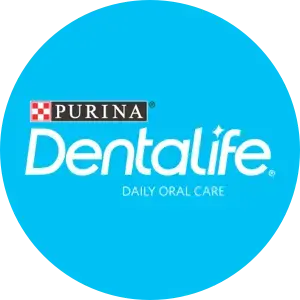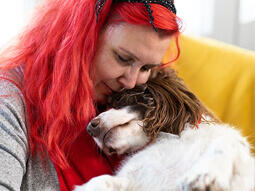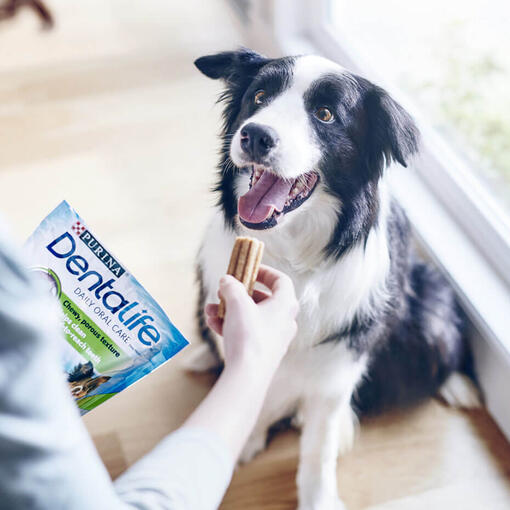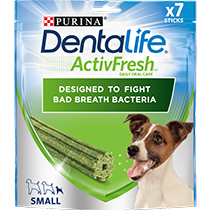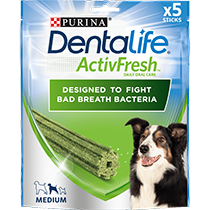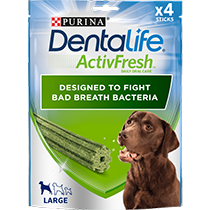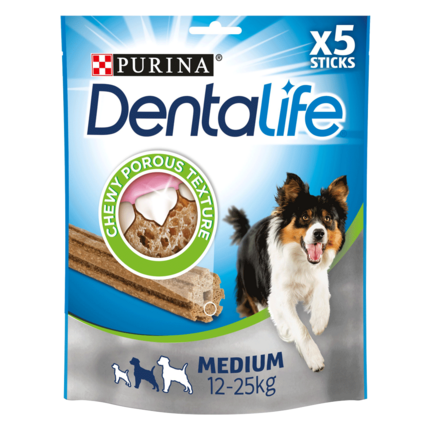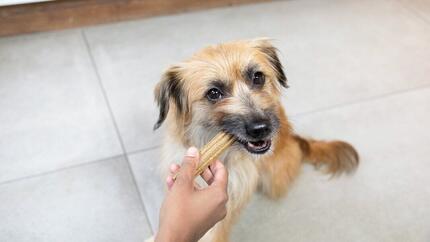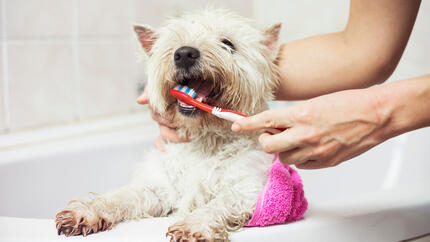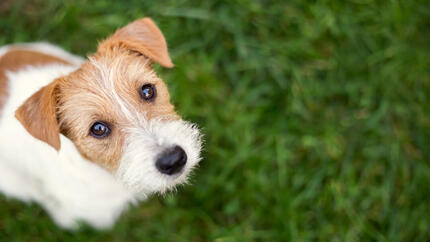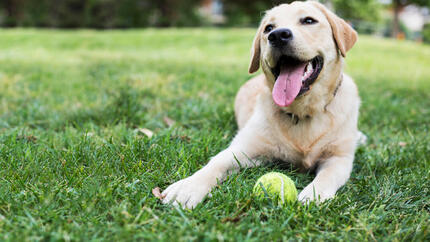Dental Care for Dogs: Caring for Puppy, Adult and Senior Dogs Teeth


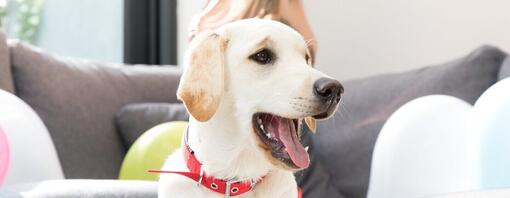
We all know that caring for a dog’s teeth is important. However, did you know that at different stages of their life, your dog requires different types of dental care?
Puppies have sensitive and vulnerable teeth and gums. For this reason, their teeth should be treated with care. Their young teeth and immature jaws are not yet strong enough to deal with some dental treatments. Equally, adult dogs’ teeth are not as fragile and therefore are far better suited to other forms of care. Dental care is particularly important at this lifestage, because unlike puppies their set of teeth has to last for the rest of their life. Older dogs tend to be at a higher risk of dental conditions because their teeth are often more fragile, and they have worn down over time.
Read on to discover the different stages of dental care.
How To Take Care of Puppy Teeth
A puppy’s mouths and teeth are constantly growing and going through changes, which makes knowing what to expect and keeping track of their dental health important.
By the age of 3-4 weeks your pup will have started to grow their first set of teeth. Just like people, dogs grow a set of milk teeth before their adult teeth come through. When they come home with you at around 8 weeks of age, these are the teeth they will still have.
Once they have come through it tends to take around another 3-4 months before they fall out and adult teeth begin to take their place. Whilst milk teeth aren’t permanent it is still important to look after them and to give your puppy the opportunity to chance to chew appropriately so that they jaws develop properly and give them the strength they will need as an adult.
Following the below tips should help keep your puppy’s teeth healthy throughout their first year:
Check teeth regularly – Since your puppy’s teeth are constantly changing it’s important that you check them out at least once a week. This will allow you to identify if there are any early signs of a condition developing in your dog’s mouth. If you have any concerns at all, consult your vet.
Puppies have to chew. Provide your puppy with toys – It’s important to make sure your dog has appropriate chew toys while they’re going through the teething process and as their mouths develop. Chew toys will not only help to keep your dog’s teeth clean, but will also help soothe the pain and discomfort of teething.
After about 3-4 months your puppy’s teeth should have started to fall out. You should take your pup to the vet if your dog’s teeth haven’t started to fall out by this time. Sometimes you will find the teeth so you know when they are falling out, other times your puppy might swallow them.
Brush their teeth – Brushing your puppy’s teeth from a young age is really important. Not only does it help look after their teeth, but it also gets them used to the idea of brushing from a young age. We advise you start off by slowly rubbing your fingers across your puppy’s mouth. Once you have mastered this you can start to use dog-specific toothpaste and eventually a either a rubber finger brush or a toothbrush. Remember to praise and reward your dog after each session of cleaning.
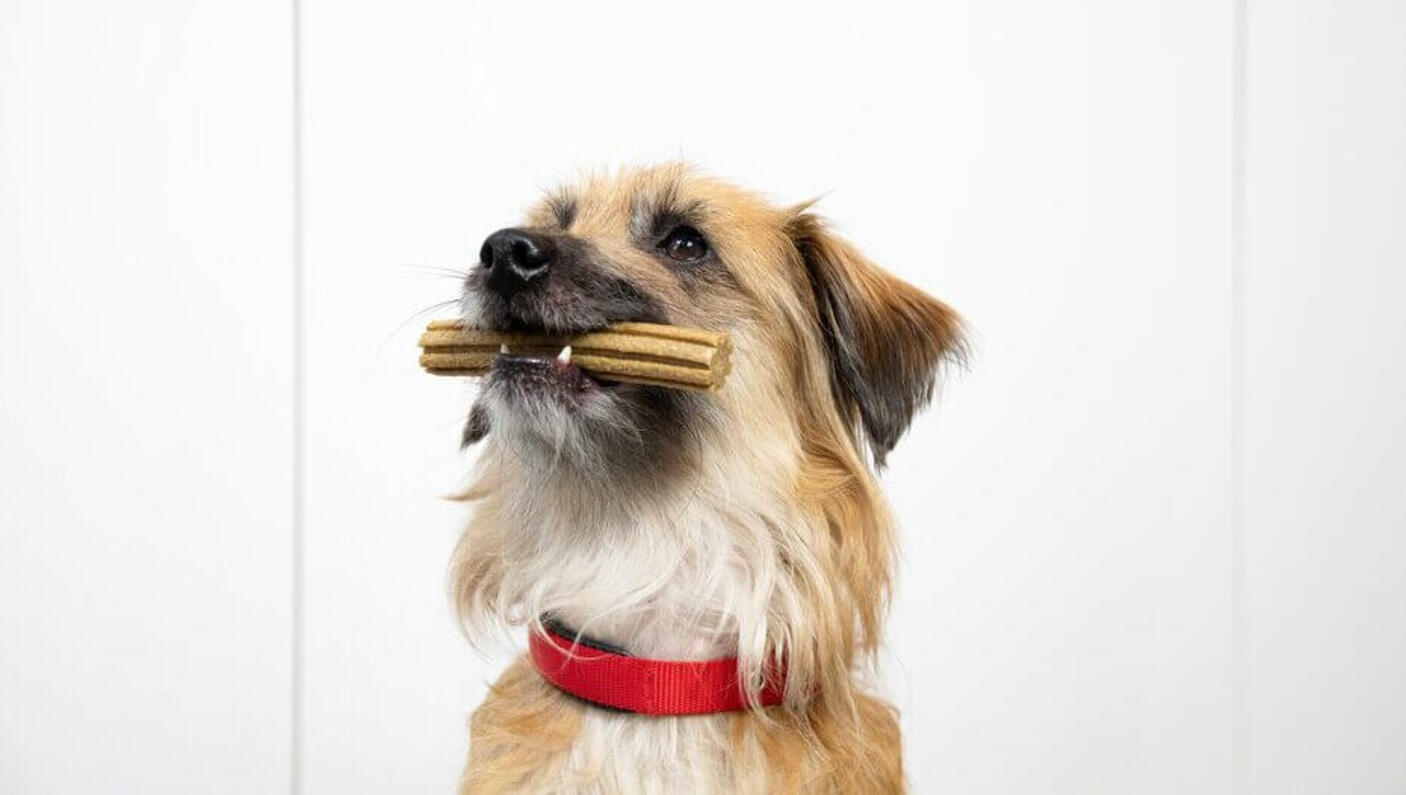
How To Take Care of Your Adult’s Dog Teeth
Once your dog reaches around 12 months of age, they begin their adult life. This means they will have a full set of teeth that need to be looked after correctly as they will not grow another set. This makes dog dental care an important part of adult life.
Purina® DentaLife® dog chews – Once a dog reaches the age of one it can begin to enjoy our range of DentaLife® dog chews. Each of our chews has a chewy porous texture, and helps to reduce tartar build-up in your dog’s mouth. Dentalife® is made from wholesome ingredients and flavoured with chicken meaning your dog gets a treat too!
Cleaning your dog’s teeth – Now your dog has moved into their adult phase it’s even more important to brush their teeth. You should ideally be looking to brush your dog’s teeth every day, but even doing it twice a week will make a difference. When cleaning your dog’s teeth you should try and make sure the brush is at a 45° angle. Read more about cleaning their teeth here.
Continue to provide toys that your dog can gnaw and chew on. This will keep their teeth, gums and jaws healthy, provide an outlet for this natural behaviour, and provide some enrichment. Toys should be soft enough that they won’t damage your dogs teeth but robust enough that they can’t be destroyed and ingested. There are some good rubber toys that you can find especially for this purpose – and some you can stuff with food to make them even more appealing. Always supervise play with these kind of toys.
Water additives – Water additives are a relatively new addition to canine dental care that help to keep your dog’s mouth clean and their breath fresh. Whilst these additives are a great way to help improve a dog’s dental health, if you choose to use them they should be used in conjunction with brushing and daily chew sticks. Ask your vet for more information.
Dogs who are fed a soft diet will need much more dental care than those who are fed a diet they have to crunch and chew, as this will naturally keep their teeth cleaner and be less likely to get stuck on your dog’s gums.
How To Take Care of Senior Dogs’ Teeth
It’s extra important to make sure your elderly dog’s teeth and gums are healthy and strong. This is because elderly dogs are at a much higher risk of having gum conditions than younger dogs.
Gum disease – look out for redness around the gums, tarter build-up and possibly even a reluctance to eat or chew. Bad breath can also indicate dental problems. Consult your vet for treatment options and ongoing dental care. The good news is that good dental care throughout your dog’s life can help to prevent many of these issues as your dog reaches their senior years.
Caries in elderly dogs’ teeth – ‘Caries’, or holes in a tooth, can be an issue for some older dogs. This is why it’s important that you regularly check your dog’s mouth, as they can lead to pain and tooth loss.
Tooth extraction – As a dog gets older they may need to have teeth taken out. The process of tooth extraction does involve a general anaesthetic, and although usually completely safe, this can be disorientating for your elderly dog.
Usual dental routine - It’s important to make sure you carry out your dog’s usual dental routine from adulthood into senior life. This means regular brushing and use of dental rinses if necessary.
Next, find out more about cavities in dog's teeth, what they are and tips on how to prevent them.
Shop the Dentalife Dog range:
Related articles by Dentalife
